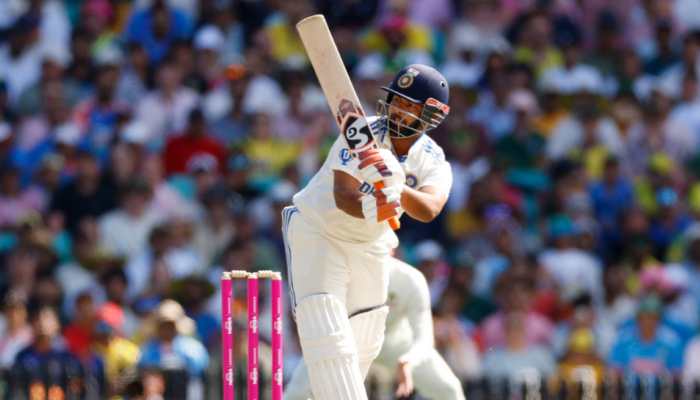Musical glories in Rossini’s biblical opera
Anai`s decision to renounce her lover is played out in the opera`s biggest solo showpiece.
Trending Photos
)
New York: Rossini was nearing the end of his opera-writing career in 1827 when he composed ‘Moise et Pharaon,’ a stirring musical setting of the Israelites` escape from Egypt.
This French adaptation of a piece he had written a decade earlier in Italian has some magnificent choral music and some glorious numbers for soloists. But though it deals with momentous events — and climaxes with the parting of the Red Sea — the plot is fairly static and it feels more like an oratorio than an opera.
So perhaps the best way to enjoy it is in a concert performance like the one put on by the Collegiate Chorale at Carnegie Hall on Wednesday night, with James Bagwell conducting soloists, chorus and the American Symphony Orchestra.
For most of the four acts, Moses has one confrontation after another with Pharaoh in a cycle that goes like this: Moses demands freedom for his people, Pharaoh refuses him, and God visits a plague upon the Egyptians. One of those plagues, which plunges the country into darkness, gives rise to the most inspired passage in the score — a hushed choral plea for mercy accompanied by a long, winding melody in the orchestra.
There`s also a love story between Pharaoh`s son Amenophis and Moses’ niece, Anai, which ends with her renouncing him and fleeing with her people. Surely Verdi had ‘Moise’ in mind more than 40 years later when he wrote ‘Aida,’ about an Egyptian prince in love with a beautiful slave.
Anai`s decision to renounce her lover is played out in the opera`s biggest solo showpiece, a wonderful extended aria, ‘Quelle horrible destinee.’ Soprano Marina Rebeka sang it with gleaming tone and fearless coloratura phrasing that made her the star of the evening.
She had some competition from another soprano, the remarkable Angela Meade, who took the smaller role of the Pharaoh`s wife, Sinaide. One wished Rossini had given her more opportunity to unfurl her imposing voice, which rang out on a couple of occasions on high C and above.
Both the title roles are written for bass-baritones. Veteran James Morris sang Moses with majestic authority but wobbly intonation; Kyle Ketelson deployed his burnished voice with impressive agility as Pharaoh.
As the unsympathetic Amenophis, tenor Eric Cutler fidgeted distractingly at his music stand but coped reasonably well with a difficult role full of high notes and rapid runs. Another tenor made a striking impression — Michele Angelini as Moses` brother Aaron (here renamed Eliezer). Mezzo-soprano Ginger Costa-Jackson sang with smooth, compelling tone as Moses` sister, Marie.
Bureau Report
Stay informed on all the latest news, real-time breaking news updates, and follow all the important headlines in india news and world News on Zee News.
Advertisement
Live Tv
Advertisement







)
)
)
)
)
)
)
)
)
)
